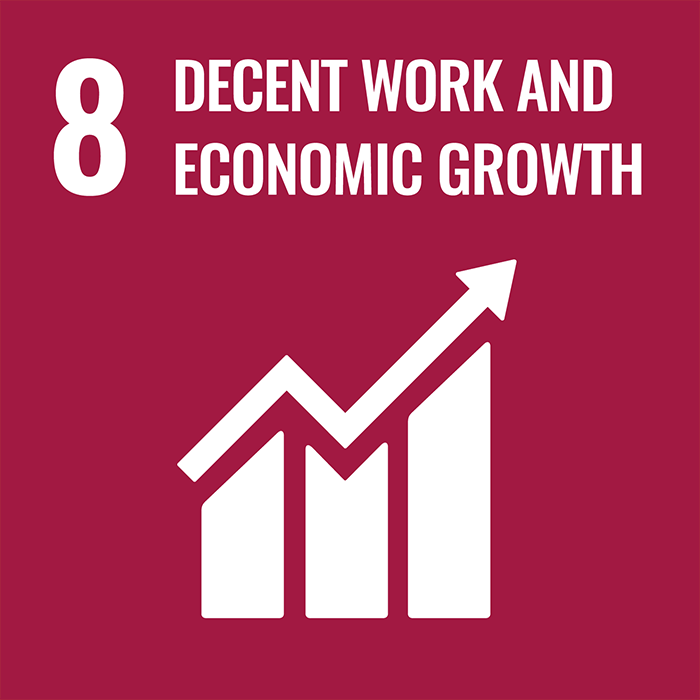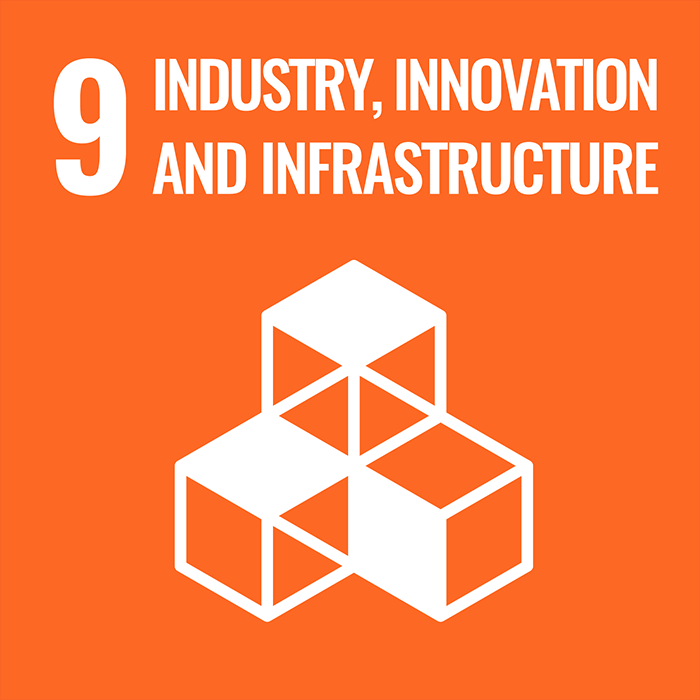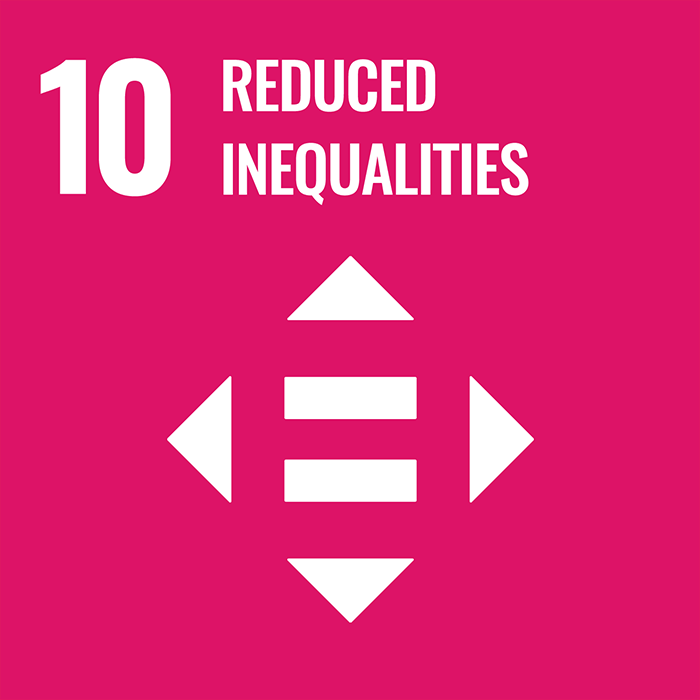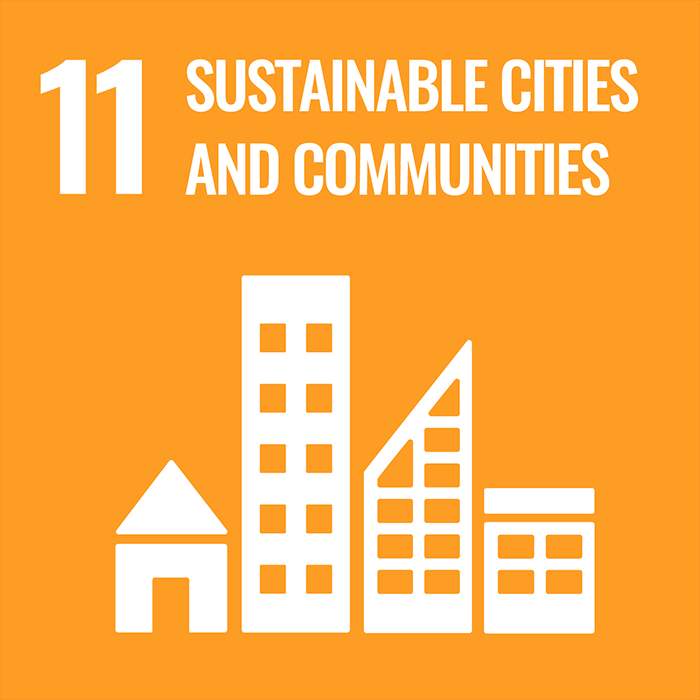Progress towards UN SDG 15: Life on land
Protect, restore and promote sustainable use of terrestrial ecosystems, sustainably manage forests, combat desertification, and halt and reverse land degradation and halt biodiversity loss
Our research

University of Glasgow-led research that promises to bring about fresh thinking on land use change to help achieve the UK’s net zero target has received funding from UK Research & Innovation (UKRI).
Rapid Engagement with Stressed Peatland Environments & Communities in Transformation (RESPECT) is an innovative project that will produce data, methods, landholder tools and proposals for governance reforms to change agricultural practices on peatland and reduce emissions from land use.
RESPECT was awarded £4.5 million by the UKRI Land Use for Net Zero Research programme over three years. It is a collaboration between the Universities of Glasgow, Newcastle, Hull and Stirling that brings together expertise in law, archaeology, ecology and environmental geography.
RESPECT will collate data through novel interdisciplinary collection, modelling and engagement methods. These data will establish the capacity of land and land users to contribute to the net zero target, as well as generate other social and environmental co-benefits, balanced against conflicting land use demands, within the context of climate change.
The project team will work closely with separately funded UKRI initiative, the Land Use for Net Zero Hub: Lunzhub.com. Established in November 2023, the LUNZ Hub is working to provide all four UK administrations with the rapid evidence they need to develop policies that will drive the UK land transformation required to achieve Net Zero by 2050, alongside other environmental targets.
Find out more
Researchers at the Universities of Glasgow and Lancaster are on a mission to inspire the next generation of plant scientists with educational resources that transform existing plant science curriculum into an engaging and interactive subject for classroom learning.
Learning & teaching

Researchers at the Universities of Glasgow and Lancaster are on a mission to inspire the next generation of plant scientists with educational resources that transform existing plant science curriculum into an engaging and interactive subject for classroom learning.
The Sci-Seedlets project, led by a multidisciplinary team from the University of Glasgow, aims to educate school age children on the importance of plant physiology and plant science research using a mix of traditional and digital STEM-led educational resources, including an interactive game resource which launched at Knightswood Primary School in Glasgow.
By gamifying plant science, the team hope to encourage children around the world to learn not just about molecular plant science, but the importance of molecular plant research’s role in developing new strategies to engineer crops to be healthy and resilient to climate challenges for global food and water security.
Find out more
University operations

The University of Glasgow held a ceremony to mark the planting of 20,000 trees across 11 hectares at Cochno Farm & Research Centre, as part of its ongoing efforts to be a leading institution in sustainability. Colleagues from across the University came together to celebrate the planting of the final trees at the site. The new forest will enhance biodiversity at the farm and surrounding area. Among the 20,000 trees planted are various native species, including Scotch Pine, Silver Birch, Downy Birch, Rowan, English Oak, Sessile Oak, Hawthorn, Black Alder and Goat Willow.
Find out more
Civic engagement

A filmed theatre production has secured additional funding from the Arts & Humanities Research Council (AHRC) to expand its reach and spark discussions about the complex challenges facing UK forests.
Three Words for Forest: Exploring Uncertainty in a Time of Climate Crisis has been developed by the University of Glasgow’s Professor Deirdre Heddon and Dr Rachel Clive, in collaboration with an interdisciplinary research team, UK and European forestry specialists and a professional creative team. The play is part of the Future of UK Treescapes programme and its newLEAF project, which explores how trees adapt to climate change – and the role of humans in that process.
Based on 30 interviews with forestry practitioners, researchers and policymakers, the verbatim theatre production explores the complexities and uncertainties of working with forests during the climate crisis. It highlights both the challenges and the deep care people have for trees – even when they disagree on how best to respond to climate change.
New AHRC follow-on funding will support accessible versions of the filmed play, including audio-described, sign language interpreted and supported viewing formats, so more people can engage with it. It will also develop workshop guides for schools, community groups and forestry organisations to use the film in educational and community-building activities.


















